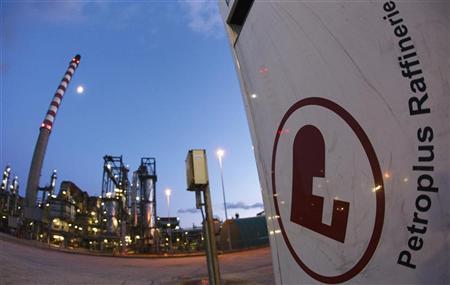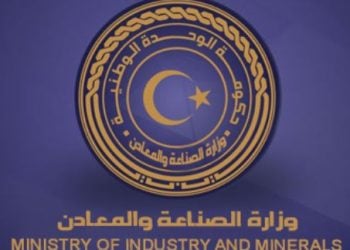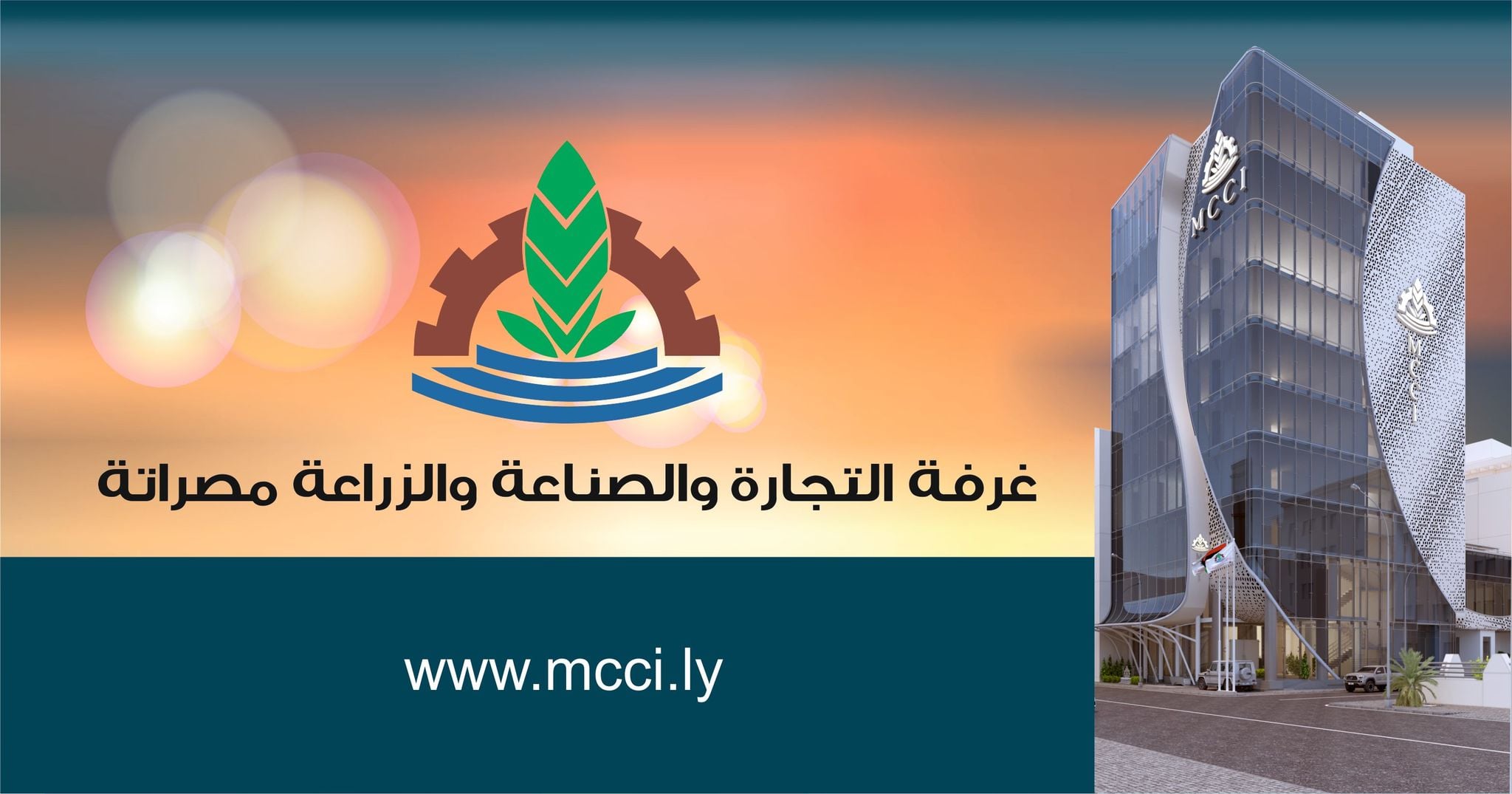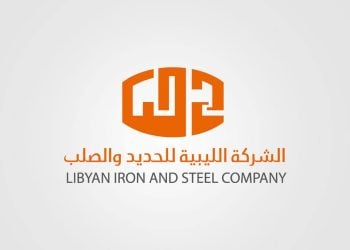By Mathieu Galtier.

Tripoli, 13 November:
As Laurent Fabius sealed his place as the first foreign minister to address the National Congress yesterday, . . .[restrict]separate but no less important discussions were taking place on the sidelines.
The Minister of Industrial Renewal, Arnaud Montebourg, was part of the French delegation in Tripoli on Monday, to talk about the prospective acquisition of Petroplus, a French oil refinery, by the Libyan sovereign fund.
For France, the future of the Petite Couronne refinery in the northwest of the country was arguably every bit as important as the diplomatic kudos garnered by the Fabius address.
On Monday, Mohuarsen Drija, the president of the Libyan sovereign fund, was present at the lunch organised by Prime Minister Ali Zeidan for the French delegation in Tripoli’s five-star Radisson Blu hotel. After lunch, while Laurent Fabius got a private meeting with Mohamed Abdulaziz, vice-minister of Foreign affairs and the next minister for international cooperation, Arnaud Montebourg was holding meetings with the next ministers of oil and industry, Abdulbari Al Arusi and Suleyman Ali Al-Tail Al Fituri respectively, together with Mohuarsen Dirja.
“We have already extracted oil together [through the Mabrouk oil company, co-owned by Total and the NOC], we could refine it together as Libya is doing in other countries and we could provide it together”, Montebourg said. In future, he predicted that Libya could even have its own petrol stations in France.
But, right now, the visit was a first-contact one, and no agreement was signed.
Above all, the French team wanted to make clear that the Libyan Investment Authority would not be unfairly favoured by the French government in the Petroplus bid simply by virtue of this visit.
In addition to the Libyan Investment Authority, six other companies have expressed an interest in redeeming Petroplus: NetOil (Dubai), Alafandi Petroleum Group (Hong-Kong), Jabs Gulf Energy Ltd (Iraq), Tadbir Energy Development Group (Iran), Suisses Activapro AG (Switzerland) and Terrae International (Switzerland).
“The Libyan sovereign fund has not filed a form yet. They have just sent a letter to France showing their interest in Petroplus. Mr Montebourg is in Tripoli as he can be in Iran or Switzerland in the next days if necessary”, a staff member of the minister said.
Nevertheless, the letter sent by Libyan sovereign fund was powerful enough for Montebourg to ask the court to extend the delay to find a new buyer.
Petroplus has been in liquidation since 16 October. “When the Libyan sovereign fund interest for Petroplus became known, the Iranians and one Swiss company applied as well to buy back Petroplus”, a well informed-source told the Libya Herald.
Despite the friendly appeals of Montebourg and Fabius, Ali Zeidan remained vague about Petroplus issue: “ horizons are widely opened for all types of cooperation”, he said.
Congressmen, likewise, showed showed some caution about this prospective deal. “Wait and see. I am not sure the about the availability of this project”, said Abrurrahman Shater, an independent congressman and former secretary general of Mahmoud Jibril’s National Forces Alliance.
“I heard Petroplus is almost bankrupt and it would take a lot of money to modernise the material; too much money”, added Mohamed El-Hudairi, an independent congressman for Sebha.
“I don’t understand what the interest is for us. I guess there is political pressure. It is easy for a country with no government like us to be pressured.”
[/restrict]










